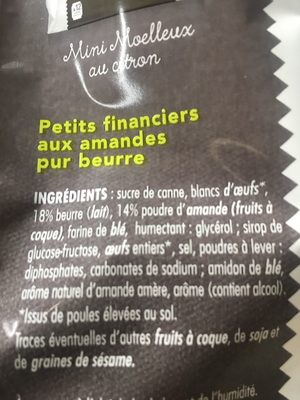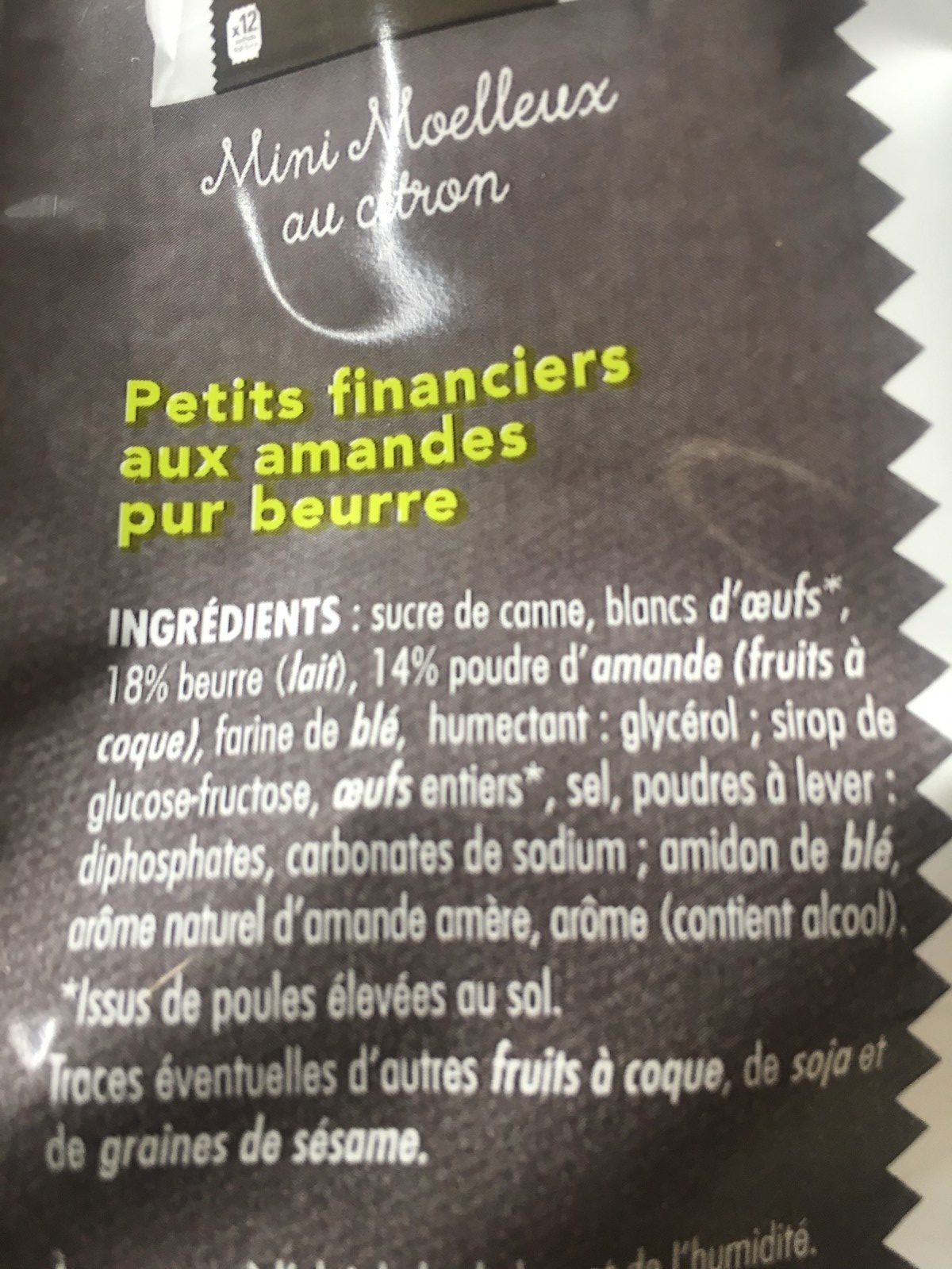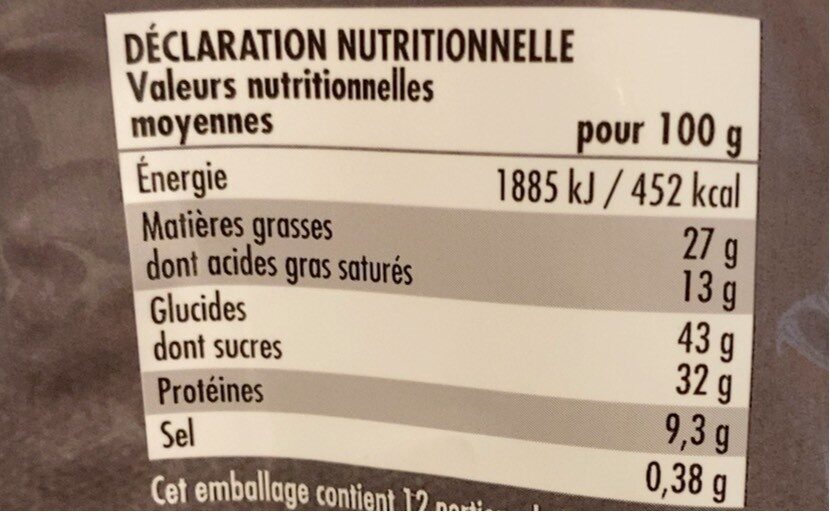Mini financiers aux amandes - SONDEY - 180 g
Ambiguous barcode: This product has a Restricted Circulation Number barcode for products within a company. This means that different producers and stores can use the same barcode for different products.
×
This product page is not complete. You can help to complete it by editing it and adding more data from the photos we have, or by taking more photos using the app for Android or iPhone/iPad. Thank you!
×
Barcode: 20593766
Quantity: 180 g
Brands: SONDEY
Categories: Snacks, Desserts, Sweet snacks, Biscuits and cakes, Cakes, Financiers
Labels, certifications, awards:
Green Dot
Stores: Lidl
Countries where sold: France
Matching with your preferences
Environment
Carbon footprint
Packaging
Transportation
Report a problem
Data sources
Product added on by tacinte
Last edit of product page on by packbot.
Product page also edited by aleene, beniben, elttor, kiliweb, openfoodfacts-contributors, quechoisir, tacite, tacite-mass-editor, teolemon, yuka.R3FBeUNKb3pyS2NVbnRzYzhValRwT2hRMkozd1hHNk5EK3dmSWc9PQ, yuka.UXFKYUlJczgrOEVsa3ZNVi94NzJ3YzU2L1pxSlZGL29jYlVLSWc9PQ, yuka.V0wwQVBaWXdyS1FwcHZNeTBCN044ODlUeWJuMmNIT3ZDT01ESVE9PQ, yuka.VpN-Y_CCQNE8LcXtz44L5yPqLb7AO-BwEW4jow, yuka.sY2b0xO6T85zoF3NwEKvlmxMeOjxoSv5GhP6q3zV4fXfNobMYsFw8rDoE6s.










